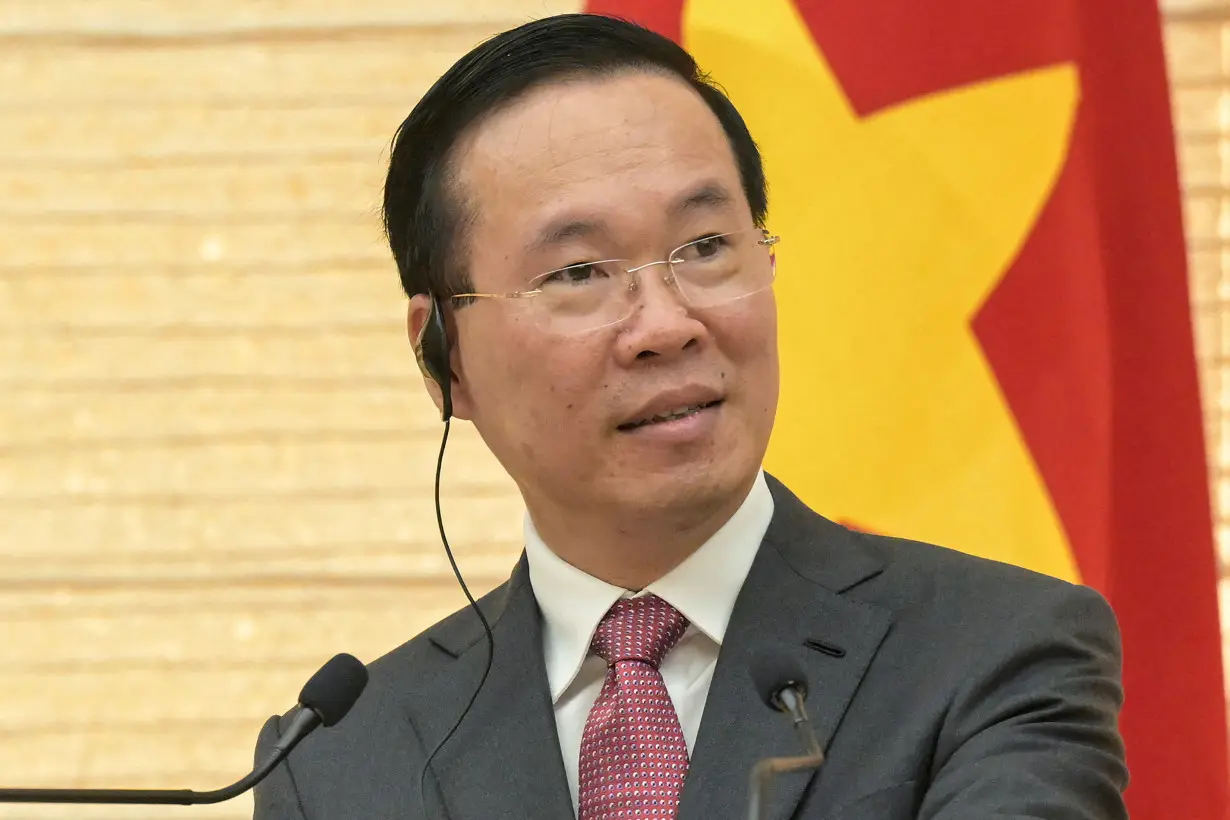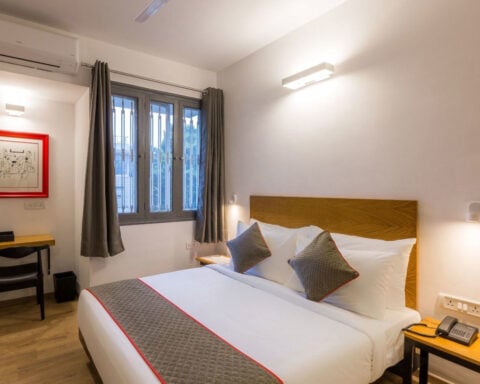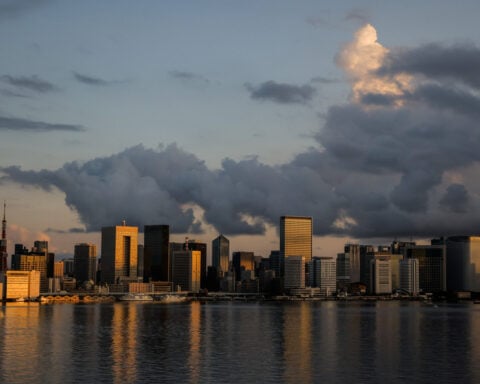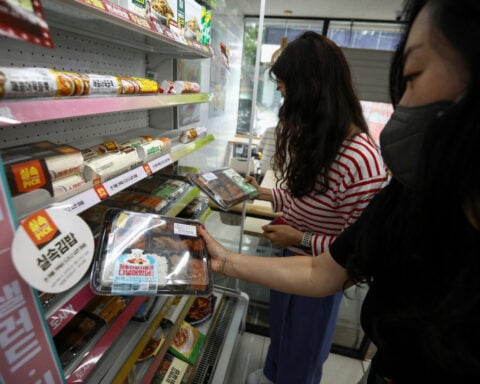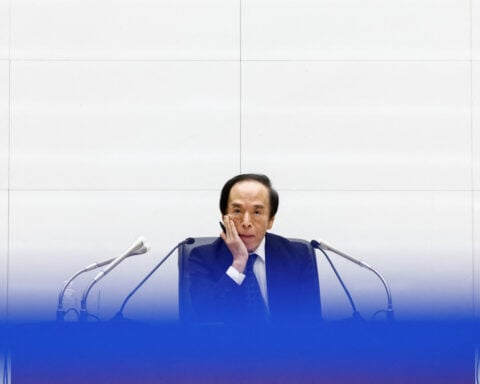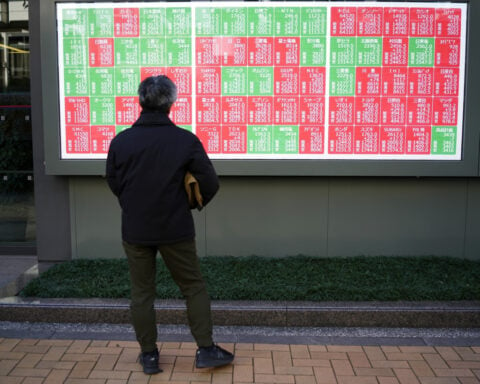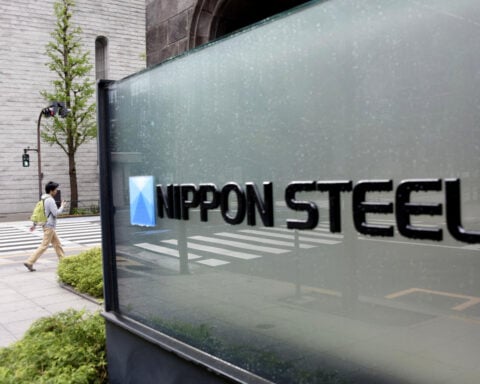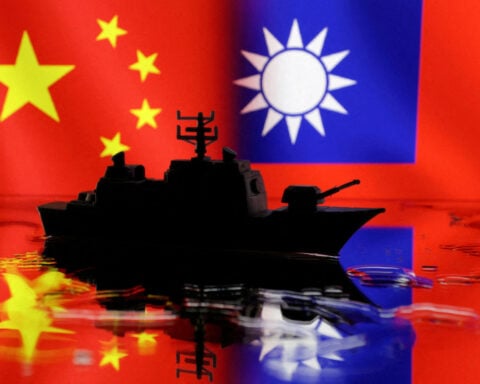By Francesco Guarascio and Khanh Vu
HANOI (Reuters) - Vietnam is seeking its third president in little more than a year after its ruling Communist Party on Wednesday forced the resignation of Vo Van Thuong, who was only elected last year after the sudden dismissal of his predecessor.
With accumulated foreign direct investment higher than its gross domestic product, Vietnam's stability is crucial to multinationals with large operations in the Southeast Asian manufacturing hub, including Samsung Electronics, which ships from Vietnam half of its smartphones, and Apple, which has many key suppliers in the country.
That stability, which has been guaranteed for decades by a state tightly controlled by the Communist Party, now looks less certain, although analysts agree that the current leadership changes will not impact the country's key policies, including its "bamboo diplomacy" aimed at keeping good relations with the United States and China at the same time.
Behind the latest reshuffle is the long-lasting "blazing furnace" anti-graft campaign that party chief Nguyen Phu Trong launched back in 2016. It is aimed at eradicating corruption so widespread that in some provinces up to 90% of applicants for land certificates paid a bribe, according to a report published in March 2023 by the U.N. Development Programme and other organisations.
The campaign intensified over the last two years, with critics saying it has been increasingly used for political purposes by party factions competing for power.
Thuong, 53, stands accused of having violated party rules, according to a statement issued on Wednesday, which did not clarify what exactly he did wrong.
He quit days after police announced the arrest for alleged corruption a decade ago of a former head of central Vietnam's Quang Ngai province, who served while Thuong was party chief there.
WHO COULD BE VO VAN THUONG'S SUCCESSOR?
Vietnam's parliament will meet on Thursday in an extraordinary session to accept Thuong's resignation, confirming a Reuters report from Sunday.
It is expected that it will appoint an acting president until the party decides the next candidate.
The most likely option is Vice President Vo Thi Anh Xuan, who had to step in last year to temporarily replace the suddenly dismissed former president Nguyen Xuan Phuc.
Then it took the party a month and a half to pick Thuong, who at the time of his election had been widely seen as a close ally to the party chief Trong.
Leading candidates for the permanent position include the powerful minister of public security, To Lam, and party veteran Truong Thi Mai, according to multiple analysts.
However, the former may be interested in the far more powerful position of party chief, a role that is up for grabs in 2026 when Trong's third mandate ends, but that the ageing leader may make available earlier.
Mai's job had been seen at risk amid the latest leadership reshuffle, but no decision was announced about her on Wednesday. That could make her a lame duck - which in Vietnam has often been the key to access powerful positions.
(Reporting by Francesco Guarascio @fraguarascio; Editing by Nick Macfie)

 AAPI adults prioritize immigration, but split on mass deportations: AP-NORC/AAPI Data poll
AAPI adults prioritize immigration, but split on mass deportations: AP-NORC/AAPI Data poll
 Nippon Steel wants to work with Trump administration on US Steel deal, Mori tells WSJ
Nippon Steel wants to work with Trump administration on US Steel deal, Mori tells WSJ
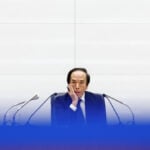 BOJ will raise rates if economy, price conditions continue to improve, Ueda says
BOJ will raise rates if economy, price conditions continue to improve, Ueda says
 After cable damage, Taiwan to step up surveillance of flag of convenience ships
After cable damage, Taiwan to step up surveillance of flag of convenience ships
 As fires ravage Los Angeles, Tiger Woods isn't sure what will happen with Riviera tournament
As fires ravage Los Angeles, Tiger Woods isn't sure what will happen with Riviera tournament
 Antetokounmpo gets 50th career triple-double as Bucks win 130-115 to end Kings' 7-game win streak
Antetokounmpo gets 50th career triple-double as Bucks win 130-115 to end Kings' 7-game win streak
 Zheng loses to No 97 Siegemund, Osaka rallies to advance at the Australian Open
Zheng loses to No 97 Siegemund, Osaka rallies to advance at the Australian Open
